India will submit its revised Nationally Determined Contribution (NDC) and its Biennial Transparency Report by the end of December, Environment Minister Bhupender Yadav said in Belem, Brazil, on Monday, November 17, 2025, during a meeting of senior ministers at the 30th Conference of Parties. Yadav further stated that developed countries must achieve net zero well before their current target years, meet obligations under Article 9.1 of the Paris Agreement and provide new, additional and “concessional climate finance estimated in the trillions of dollars”.
The minister said COP30 should be marked as a “COP of Implementation” and a “COP of Delivery on Promises.”
As a signatory to the Paris Agreement, India is required to issue an updated NDC in 2025 outlining voluntary measures to move away from fossil fuel use and improve energy efficiency.
Global progress on updated NDCs
More than 100 countries had filed updated NDCs detailing actions planned until 2035, many involving reduced reliance on fossil fuels. The European Union has proposed a 55% net reduction in greenhouse gas emissions by 2030 and a 66.25% to 72.5% cut by 2035 compared to 1990 levels. Brazil aims to reduce emissions 59% and 67% by 2035 relative to 2005 levels. India’s emissions are expected to rise in coming years, though its stated commitment is to slow this growth annually. China has pledged an economy-wide net reduction of 7% to 10% from its peak, without specifying the peaking year.
India’s climate commitments and calls for finance
India announced its first NDC in 2022, targeting a 45% reduction in emissions intensity of its GDP from 2005 levels by 2030, achieving 50% of installed power capacity from non-fossil sources and creating an additional carbon sink of 2.5 to 3 billion tonnes of CO₂ equivalent through expanded forest and tree cover by 2030. India has already met its power capacity target and is reported to be on course to achieve the remaining goals.
Meeting energy efficiency and emissions targets requires costly structural changes. India has long argued in climate negotiations that insufficient affordable public finance is available to support this transition and that developed nations are not reducing emissions quickly enough while their actions hinder developing economies.
This will also be India’s first submission of a Biennial Transparency Report, which countries must file every two years. BTRs include national inventory reports, progress on NDCs, policies and measures, climate impacts and adaptation, levels of financial, technological and capacity-building support, and identified needs.
Experts noted that while an NDC is significant, it is not the only indicator of a nation’s climate action. Vaibhav Chaturvedi, Senior Fellow at the Council on Energy, Environment and Water, said that access to low-cost public finance remains a major obstacle and that additional measures are required alongside updated NDCs to fulfil commitments needed for global emission targets.


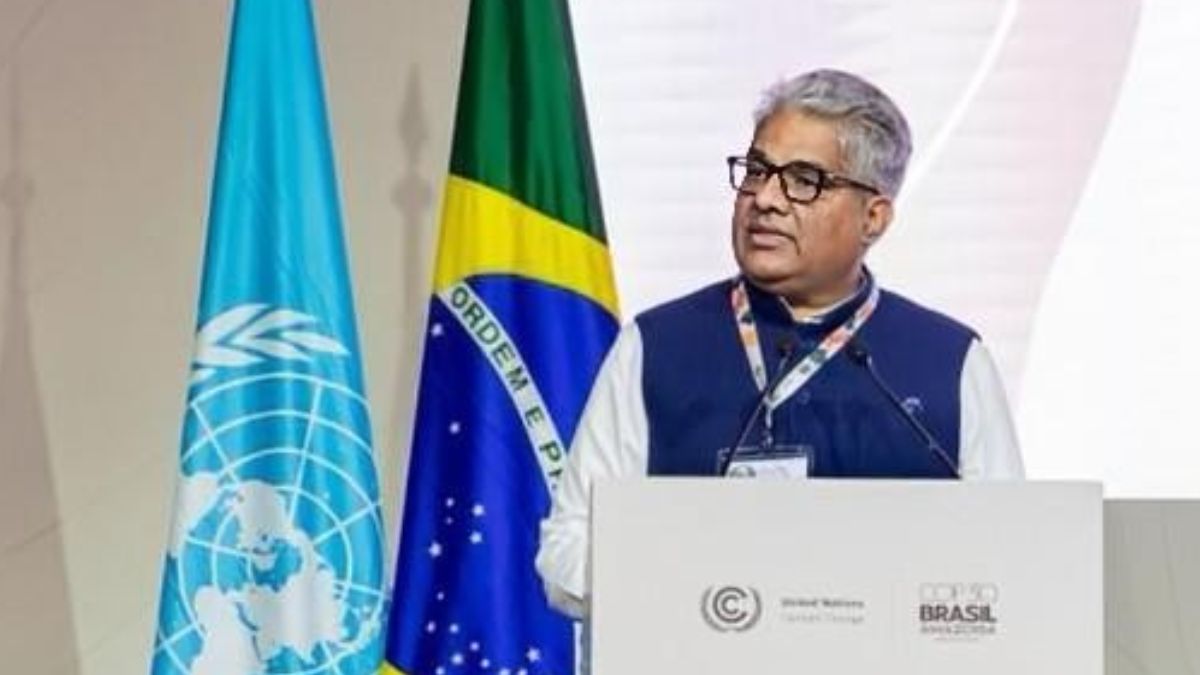)
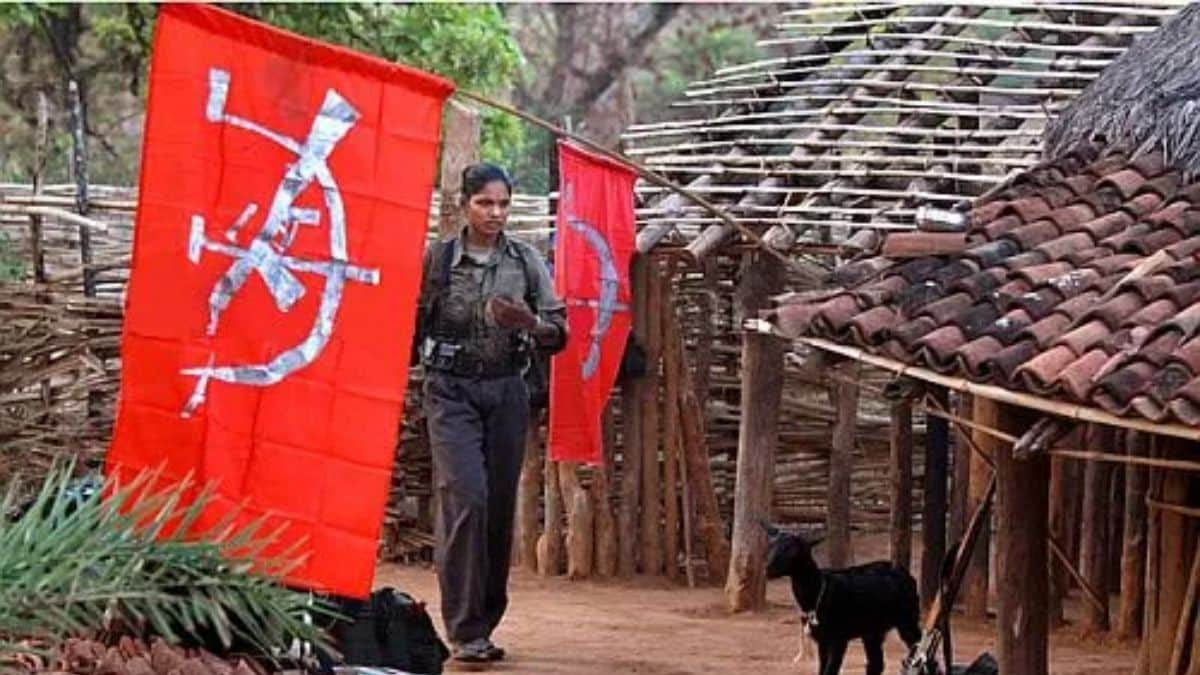
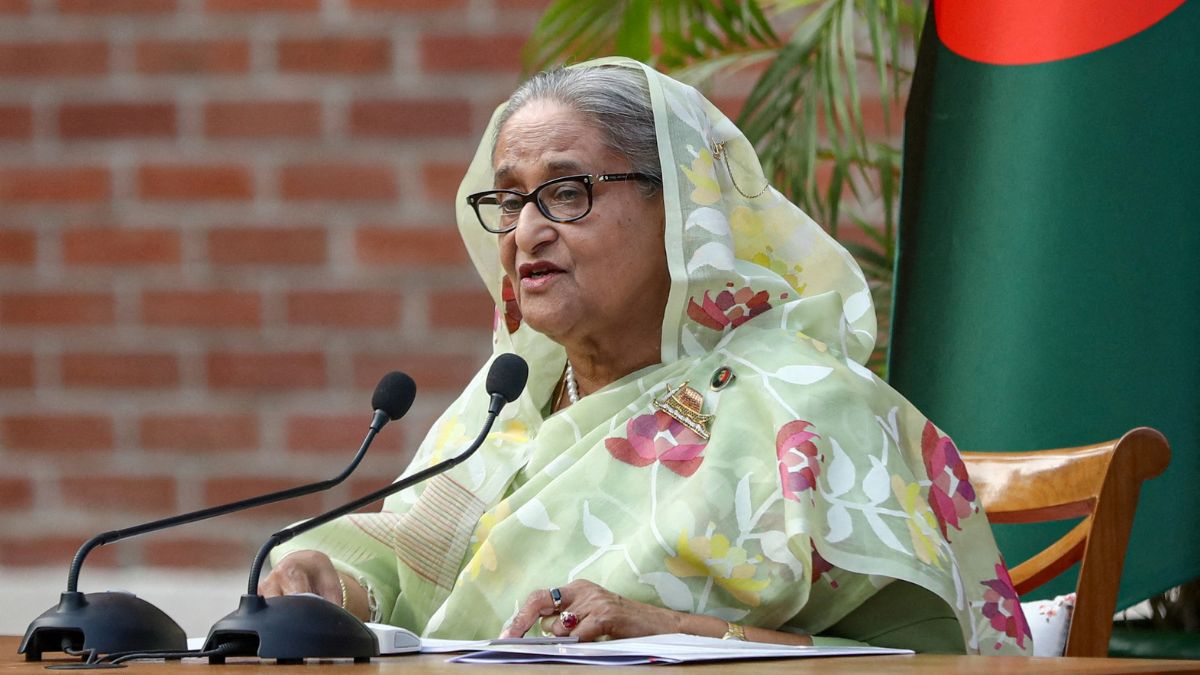)
)
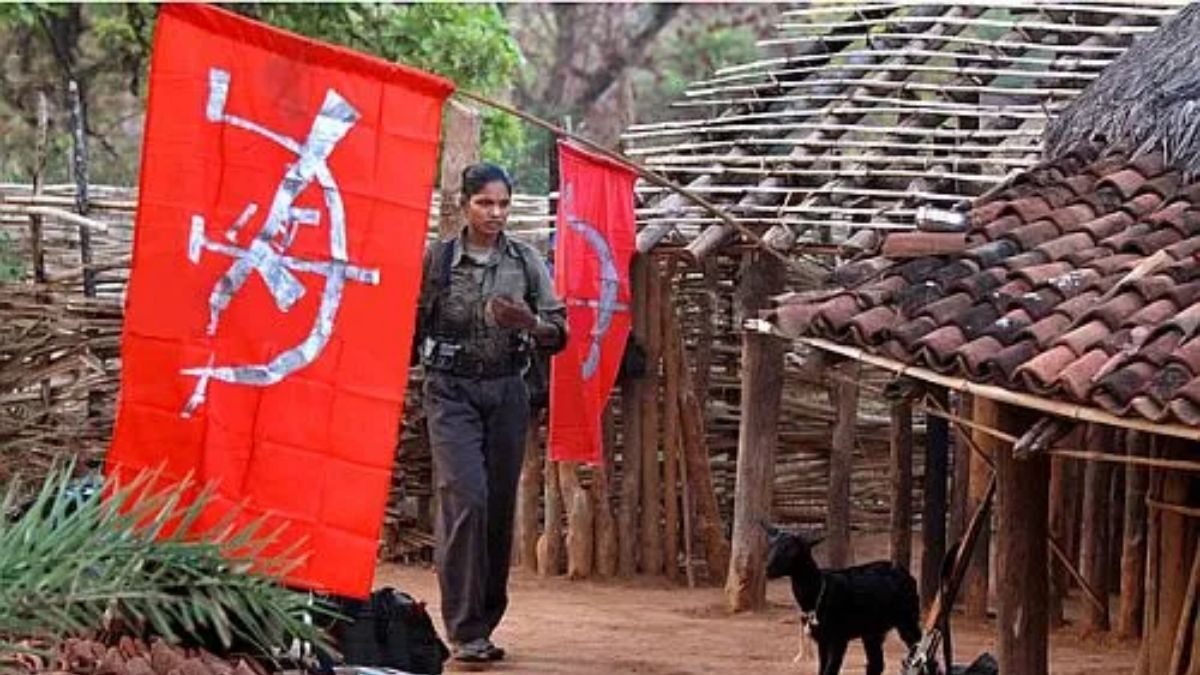)
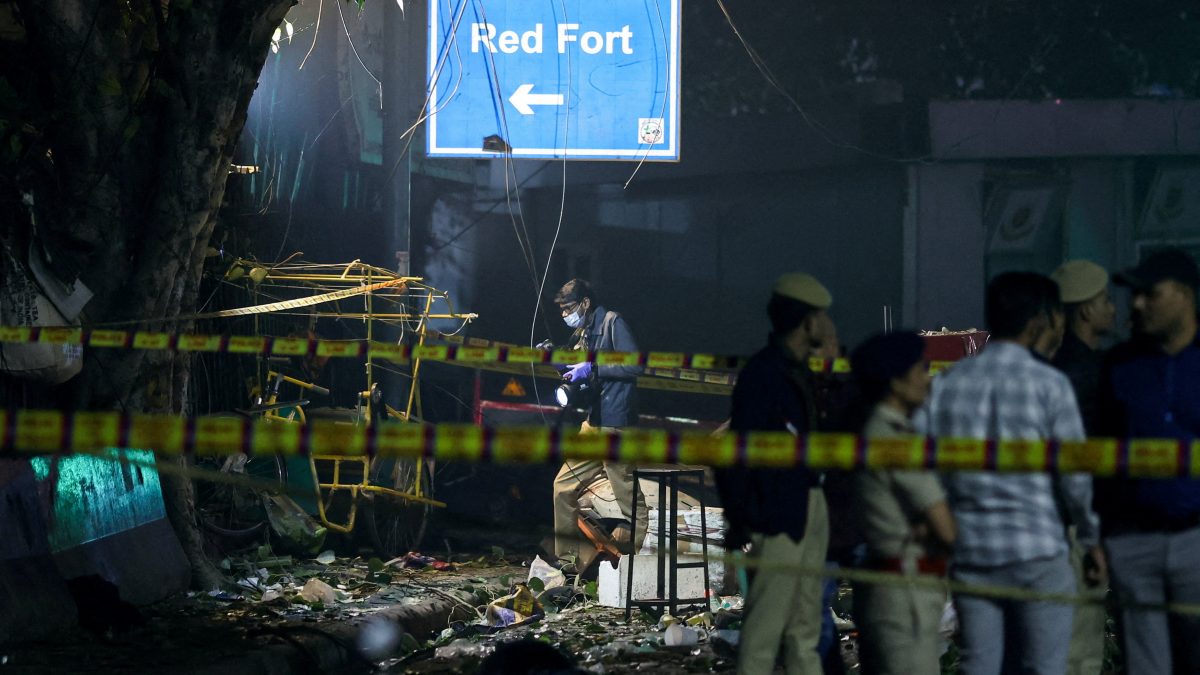)
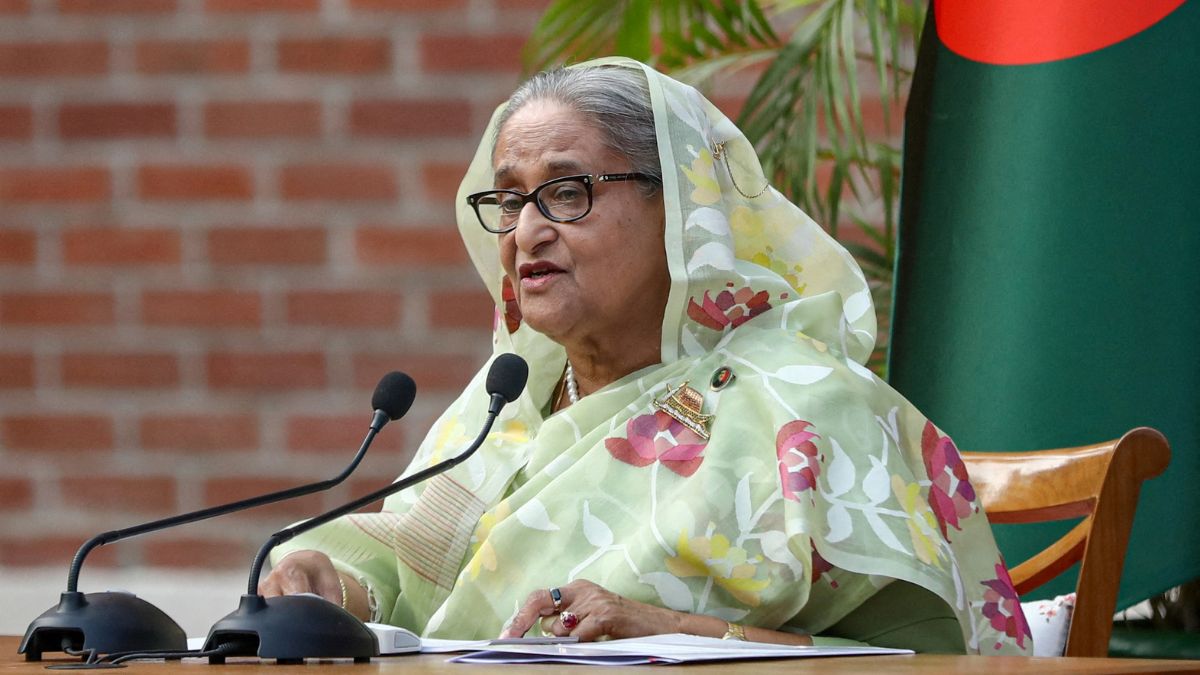)
)
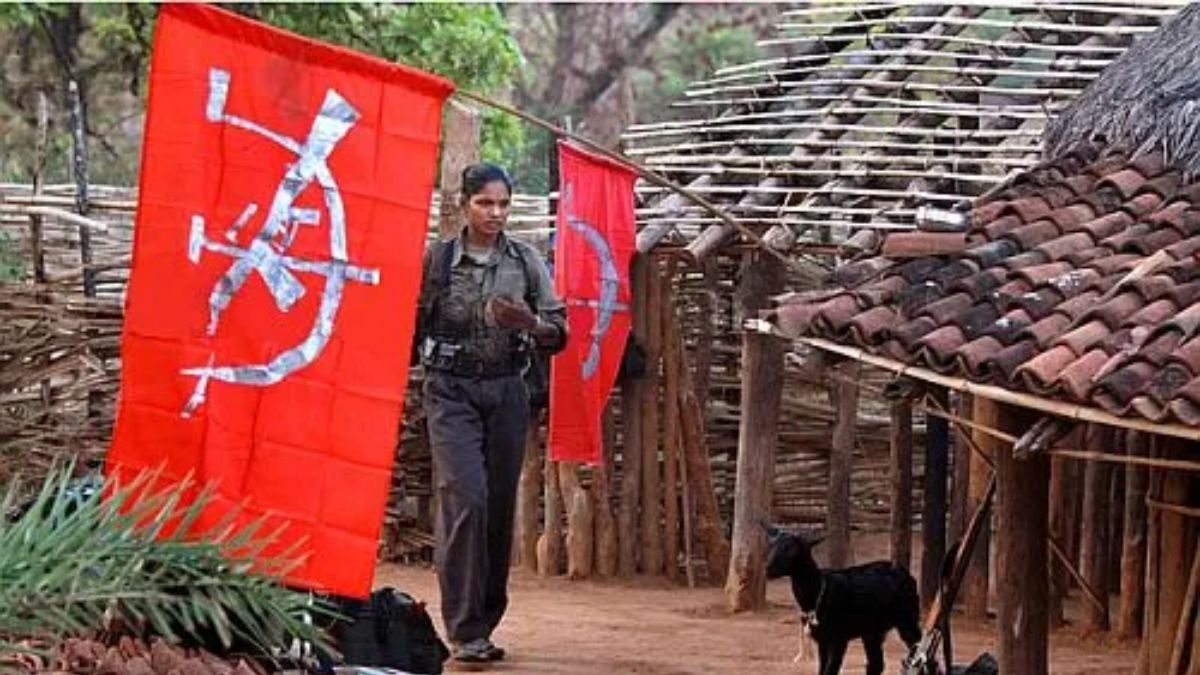)
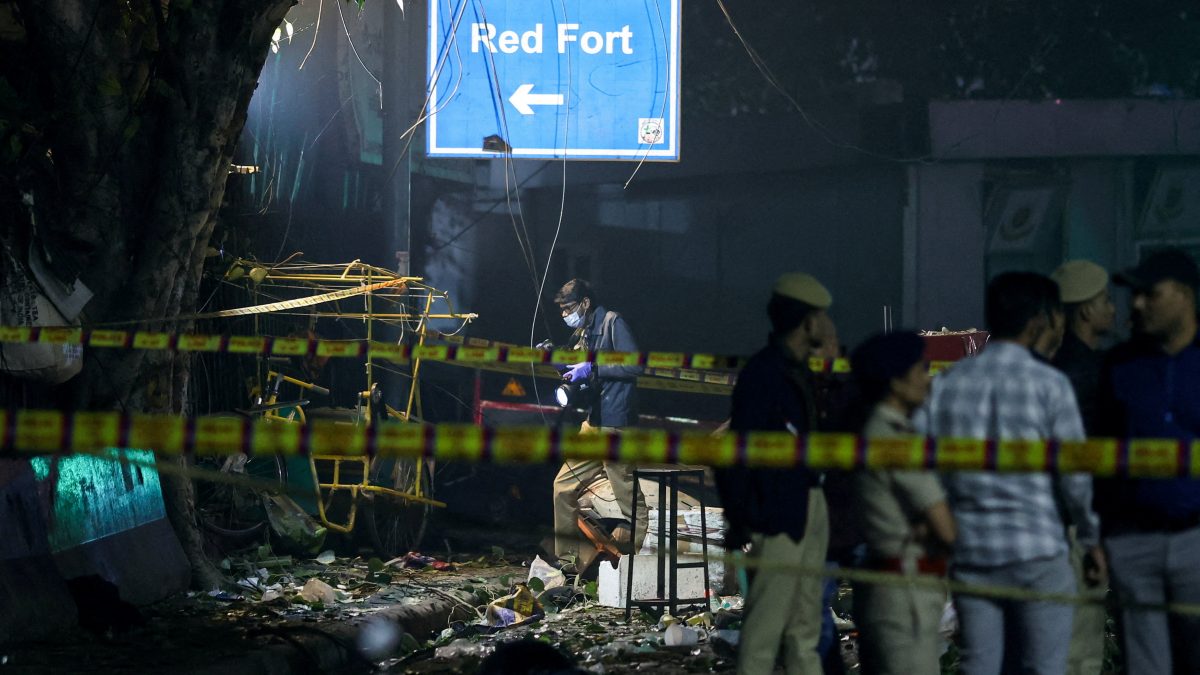)



